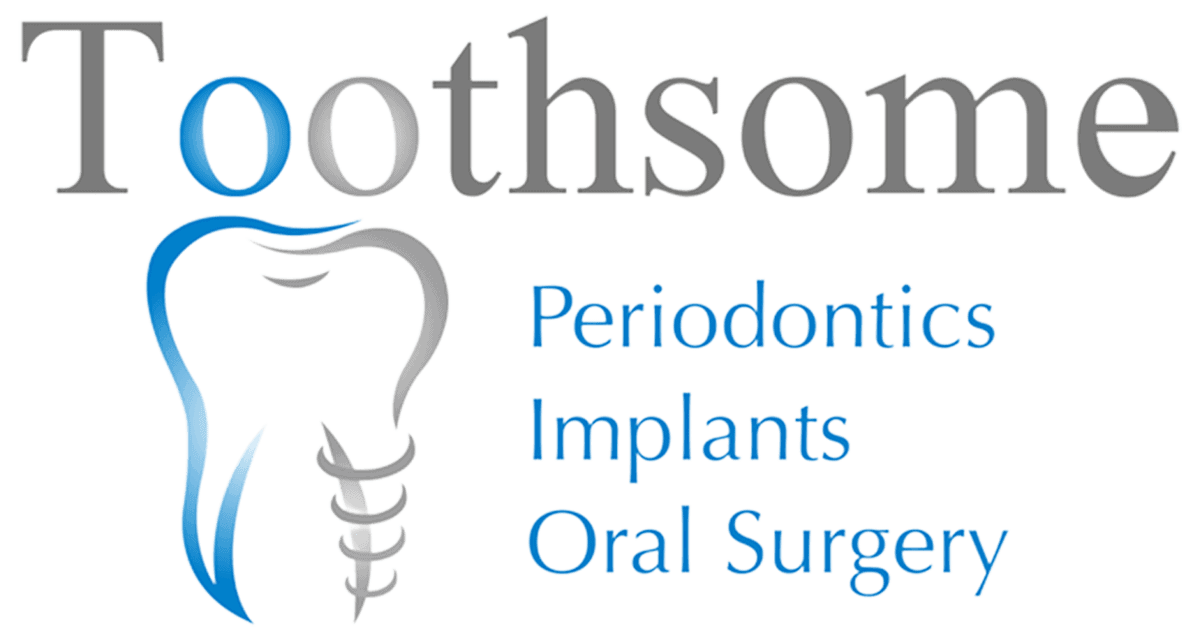
From gum disease and tooth decay to accidents and other health conditions, there are many reasons you may lose one or more teeth during your lifetime. While this can be a traumatic experience, modern dentistry has given us many ways to successfully replace missing teeth, such as dental implants and dentures.
If you have suffered from tooth loss, you may be debating the pros and cons of different methods of replacing missing teeth. Let’s compare dental implants vs dentures to better understand the pros and cons of each treatment.
What Are Dental Implants?
A dental implant is an artificial root that is used to support a tooth replacement. A dental implant is a slender metal post that looks like a screw and is embedded into the jawbone during implant surgery. Over time, the bone tissue fuses with the implant, creating a strong, permanent base for the artificial tooth. This process is called osseointegration.
An individual implant acts as a sturdy root for a single tooth replacement such as a crown, but, if the patient needs a full arch of teeth replaced, they can be supported by four or six implants with an All-on-4 or All-on-6 procedure. A dental implant is usually made from a biocompatible material called titanium to avoid the body rejecting the implant.
What Are Dentures?
Dentures are a form of removable false teeth and can be ‘complete’ or ‘partial’. Complete dentures, also known as a full set, replace the entire arch of teeth, while partial dentures replace a single tooth or several teeth.
Complete dentures fit snugly over your gums, whereas partial dentures are made of a plate with the artificial teeth attached and clip securely onto your natural teeth. Both types of dentures are fully removable. Dental implants are occasionally used to support removable dentures.
Dental Implants vs Dentures: The Maintenance
Once your dental implant and tooth replacement have been fitted, your dental hygiene routine can go back to normal as they don’t require extra maintenance. You should consult your dentist about using floss around your implant, as this is sometimes not recommended, and visit your dentist regularly for check-ups to avoid peri-implantitis, inflammation and infection of the implant-surrounding tissue, but other than that they are very low-maintenance.
Dentures, on the other hand, involve a lot of care. Depending on your dentures, you may have to remove and rinse them after eating, brush your dentures daily, and soak them overnight in a denture-soaking solution. Properly taking care of your dentures is crucial to avoid your dentures deteriorating and causing potential oral health problems.
Dental Implants vs Dentures: The Look

Having unhealthy looking teeth can severely affect your self-esteem, and when it comes to replacing missing teeth, many people’s primary concern is how their new artificial teeth will look.
Both dentures and implants are designed to fit the patient perfectly and, in the case of implants and partial dentures, they are made to blend with the colour, size, and shape of your natural teeth.
However, whilst dentures’ appearance has vastly improved in recent years, they can’t quite compete with the natural look a dental implant gives.
Dental Implants vs Dentures: Bone Loss
When you’re choosing between dentures and dental plants, also consider the impact of bone loss. The jawbone is preserved through chewing pressure, and when lost teeth are left unreplaced, this stimulus disappears. The bone that supported the teeth then gets reabsorbed into the body, and your face can take on a sunken or hollow look.
While dentures give you a healthy-looking set of teeth, they do not prevent bone loss. Sometimes they can exacerbate the problem. Dental implants help mitigate bone loss because they replace the tooth’s root, thereby exerting a similar pressure as natural teeth would. However, patients who have severe gum disease or weak bones may be unsuitable candidates for dental implants.
Dental Implants vs Dentures: Functionality and Comfort
Because a dental implant replaces both the tooth’s root and crown, it feels and functions similar to a natural tooth. Once you have healed from the dental implant surgery, they will be as comfortable and perform as well as your natural teeth.
Dentures take longer to get used to wearing. Patients need to adjust to speaking and eating with dentures and sometimes experience excessive saliva, soreness, and irritation.
Dental Implants vs Dentures: Longevity
Dentures should be regularly replaced every five to seven years, as they become worn and ill-fitting because your jaw changes shape over time. In contrast, if well looked after, a dental implant can last a lifetime.
Some people are discouraged from getting a dental implant because they are more expensive than other options for replacing missing teeth. However, their durability makes them much more cost-effective over the long-term.
Dental Implants vs Dentures: The Results
Considering major factors such as longevity, physical appearance, and bone loss, it’s clear that implants come out on top in the dental implants vs dentures debate. If you need to replace some missing teeth and feel that dental implants are right for you, book a consultation with our skilled dental team at Toothsome. Our dentist can explain the procedure and assess your eligibility for implants.
Call Toothsome Implants Chatswood today on (02) 9159 3728 to schedule an initial consultation.
Note: Any surgical or invasive procedure carries risks. Before proceeding, you should seek a second opinion from an appropriately qualified health practitioner.


